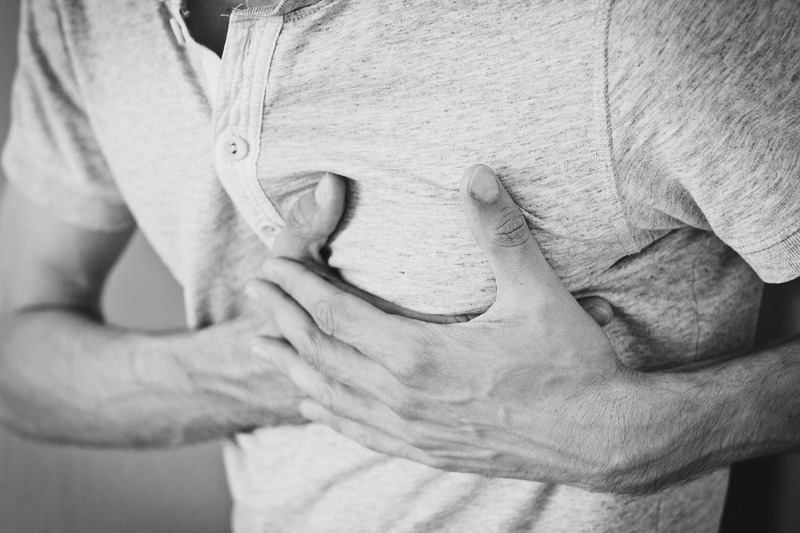The following is derived from the
Handbook of Health and Behavior: Psychological Treatment Strategies for the Nursing Home Patient
Joseph M. Casciani, PhD
This is part of a series where Dr. Casciani makes you aware of and informs you about series medical conditions your patient or loved one may be facing.
A more detailed, clinical, and complete description can be found in the handbook.
Medical Condition – MYOCARDIAL INFARCTION
Myocardial infarction (MI) is a heart attack. It occurs when there is a sudden, complete blockage of blood flow to a portion of heart muscle. Myocardial infarction is one of the most common diseases in the U.S. and causes a large number of deaths every year. Myocardial infarction may occur at any time and often occurs without warning. As we grow older, our coronary arteries may become narrowed by the buildup of cholesterol plaque. When the arteries narrow, less blood can go through them, and less oxygen gets to the heart muscle. The process of narrowing is called atherosclerosis. The narrower the artery becomes, the more likely it is that a blood clot may form and block the artery completely, causing a heart attack. Sometimes sudden blockages can occur even in places where the artery was not narrow before.
A heart attack may occur when the heart muscle needs more oxygen than the blood vessels can provide. This might happen, for example, during hard exercise such as shoveling snow, or with a sudden increase in blood pressure. The lack of blood and oxygen during a heart attack damages the heart muscle. Part of the heart muscle usually dies. The more heart muscle that dies, the more likely it is that disability or death will result. If only a small amount of heart muscle dies, the odds of surviving and living normally afterward are good.
Early treatment of heart attacks is critical to try to unblock the arteries and limit the amount of muscle death. In some cases, death may occur during a heart attack, regardless of the size of the area affected by the blockage.
Heart attacks can cause death in several ways:
• if too much muscle dies, the heart is not able to pump enough blood to the rest of the body;
• damage to the heart cells that regulate the heartbeat may cause fatal heart rhythm problems;
• sometimes, the heart muscle weakens and can tear as a result of the damage. This causes a fatal hemorrhage (bleeding).
An individual is more likely to have a heart attack as one gets older. Heart attacks are more likely to occur at a younger age in men than in women. Female hormones seem to help protect women until menopause, when the body produces less of these hormones. Heart disease is more likely to be correctly diagnosed in men and less likely to be suspected in women.
Which medical conditions increase the risk?
• cigarette smoking
• a family history of heart attack
• diabetes
• overweight
• high blood pressure
• high blood cholesterol
• low HDL cholesterol (i.e., too little “good” cholesterol)
What are the Medical Consequences?
Recurrent MI’s and hospitalizations; cardiac arrhythmias; pulmonary emboli.
What are Contributing Factors?
High blood pressure; smoking; dietary factors and obesity; stress, especially chronic anger or hostility; sedentary lifestyle.
What Negative Attitudes can Develop?
Beliefs generating physiological arousal and increasing risk of heart attack:
• Anger: “The world must treat me fairly and deservedly at all times.” “What a rotten person you are for treating me this way.” “Because they deserve my wrath, it’s best I really let them have it!” “I shouldn’t have to endure all these incompetent, stupid people.” “Life must not treat me so bad and I can’t stand it anymore!”
• Self-downing and stress: “I must avoid making mistakes, looking foolish, or being disapproved of.” “I must be infallible at all times.” “People will think less of me if I disappoint them.” “I don’t need anyone’s help because I’ve been coping with stress all my life.”
• Anxiety: “Terrible things are going to happen to me and there is nothing I can do to stop it.” “I never have enough time.”
• Negative outlook: “I know now I can drop dead at any moment. I can’t exert myself at all because I might die.”

